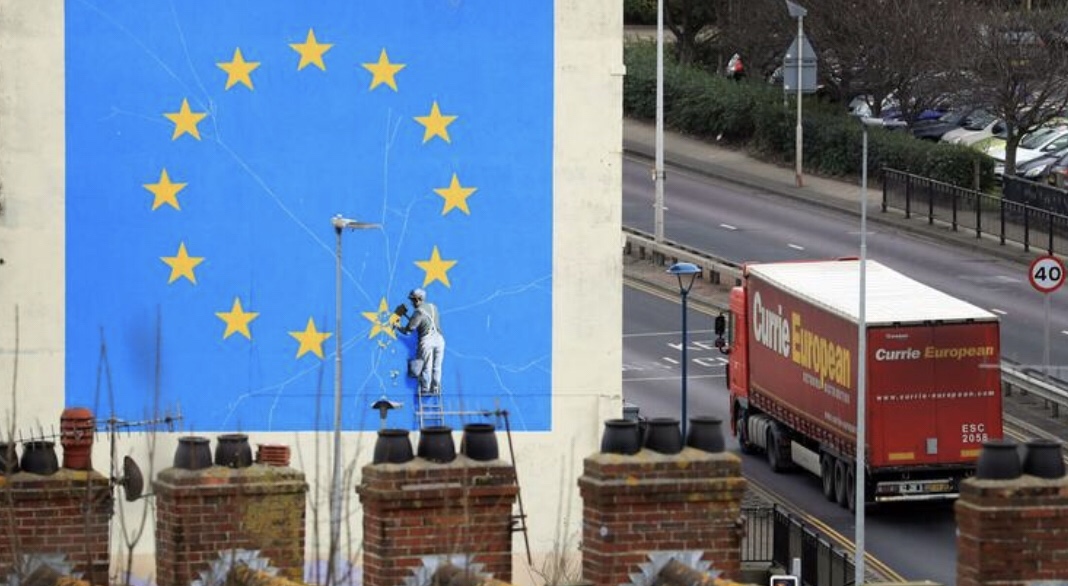Automakers will be worst hit, but bottlenecks threaten pharma and other critical industries. German CEOs are sounding the alarm.
The British parliament’s resounding rejection of the Brexit agreement Prime Minister Theresa May reached with the EU 27 has heightened fears that the UK will crash out of the bloc in a disorderly Brexit on March 29, disrupting trade and critical supply chains.

Around 1,300 German businesses surveyed by the Munich Ifo institute last week put the likelihood of a hard Brexit at 43 percent. Were the survey conducted now, following May’s humiliation and the fresh political confusion it has caused in Britain, the percentage would doubtless be higher.
A chaotic Brexit could cost the German economy €9 billion ($10.3 billion), according to Oliver Wyman, a strategic consultant. The auto industry would be worst affected with costs of €3 billion, followed by the chemicals, food and consumer goods industries which would take a combined €4 billion hit.
That said, British firms would suffer far more with likely costs running to €32 billion, the analysts said.
All 2,500 German businesses with operations in Britain stand to be seriously affected. British port operators have warned that a no-deal departure will cause kilometers of tailbacks due to the reinstatement of customs controls — even if they take just a few minutes per truck.
Some 11,000 trucks pass through the port of Dover each day. The boss of logistics group Kühne + Nagel, Detlef Trefzger, this week estimated that controls would mean that every truck at Dover would take 30 to 40 minutes to process without a deal. “That means a massive obstruction of the flow of goods between continental Europe and the United Kingdom,” he warned.
German business fears no-deal Brexit will cost €9 billion
Source: Handelsblatt
On 21 January 2019 Prime Minister Theresa May gave a statement to the House of Commons on Brexit.
This is the so called ‘Plan B’ statement.
You can read the statement here: PM Statement
Tuesday’s Guardian: “May rules out second vote as ‘threat to social cohesion’

This is now off the table. Brexit will happen.






You must be logged in to post a comment.